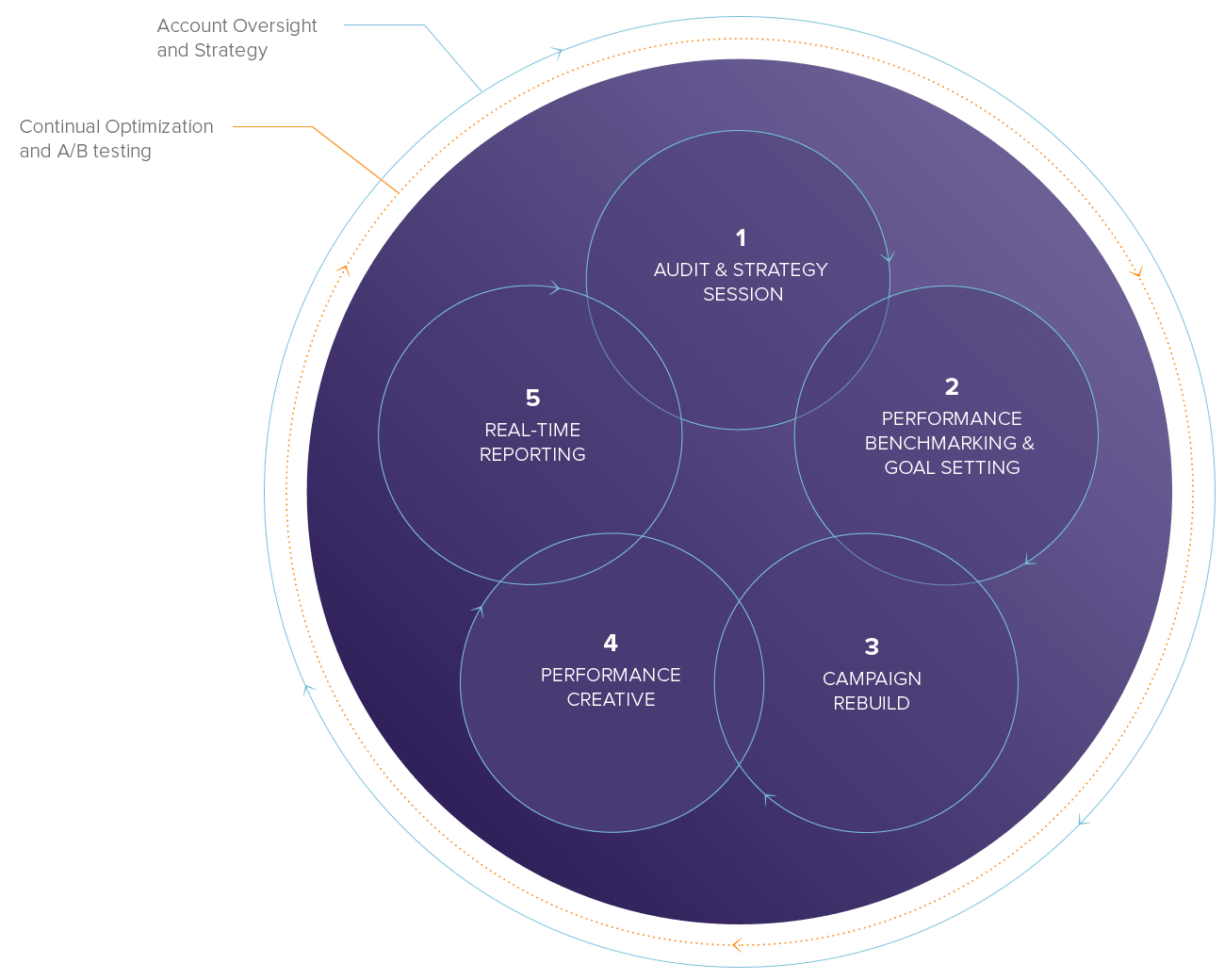The Google Knowledge Graph – SEO is Dead, Again?
Google recently announced its new Knowledge Graph and the SEO blogosphere and twittersphere are abuzz. What does the Knowledge Graph mean for you and for SEO?
Google’s goal is to provide the best possible results for any search. Google wants to serve you the most relevant information as quickly as possible, on the first page of search results, whether in paid ads or organic listings. The organic results need to be great for users to keep coming back and to continue using Google as their starting point. The paid ads have to be highly relevant for users to keep clicking. This, by the way, is Google’s genius – The more we like the search results, the more some of us use the paid results as well — the first complete win-win-win form of advertising. I know of no other advertising medium that makes everyone this happy including the consumer, the advertiser, and the advertising channel.
What is Google’s Knowledge Graph?
So now, Google introduces the Knowledge Graph, which has been in the works a long time. On a growing number of searches, Google will provide the actual data or information you want, right there in the right sidebar, rather than just linking to some other site. Today Google already “knows” about landmarks, celebrities, cities, sports teams, buildings, geographical features, movies, celestial objects, works of art, and more. If your query involves one of those categories you will find a very rich entry point – maybe even “the right answer” – in the search results themselves.
Learn more from Google’s video.
What does the Knowledge Graph Mean for SEO?
Whenever we are faced with a Google announcement of this type, some pundits inevitably predict the end of SEO. After all, it seems that Google is showing more and more info on its own, from its own properties and channels. Google Maps are what you will generally use for any map or local search. Google’s YouTube contains the vast majority of the web’s videos. Google can give you flight information and FedEx and UPS package tracking data, without leaving the search results. And more.
But Google can’t be everywhere or own everything – yet. To inform the search results, and populate the Knowledge Graph, Google needs to understand your data. It needs to determine and grasp the contextual and semantic signals and the otherwise ambiguous terms. And you can help.
Use Structured Markup for Structured Data
If you have a recipe site for example, your data is probably well-structured and could fit nicely in a database defined by certain preset fields for ingredients, quantity, and recipe steps or instructions. If your site contains a directory of people, again, it most likely has a clear structure including: first name, last name, title, company, phone, address, and so on. If you have an events section, each entry may include a name, location, date, time, details, and directions. If you use HTML markup designed to preserve those data structures you will go a long way to helping Google eat, digest, and appropriately index and display your content. If you are not doing this now, I urge you to have your developers explore schema.org, and microformats.org to learn more.
Give Non-Structured Data Context
If you cannot find or impose any obvious structure on your data, do it with contextual clues. Ensure you are using terms that users know and search for. Craft your content carefully to include a variety of ways of referring to and understanding your subject material. Use multiple content types like images and video. Connect to social media conversations on your subject. Link out to related sites and resources.
As I’ve said before, make your site the best in your niche with the most relevant, fresh, and captivating content you can offer, and you will find your site rising to the top nonetheless. And maybe eventually, into the Knowledge Graph!
Let us know your thoughts. And contact us for help with structuring your data, today!
Recommended for you
How to Ensure your JavaScript is SEO Friendly
Quick SEO Fix: Set Your Preferred Domain












